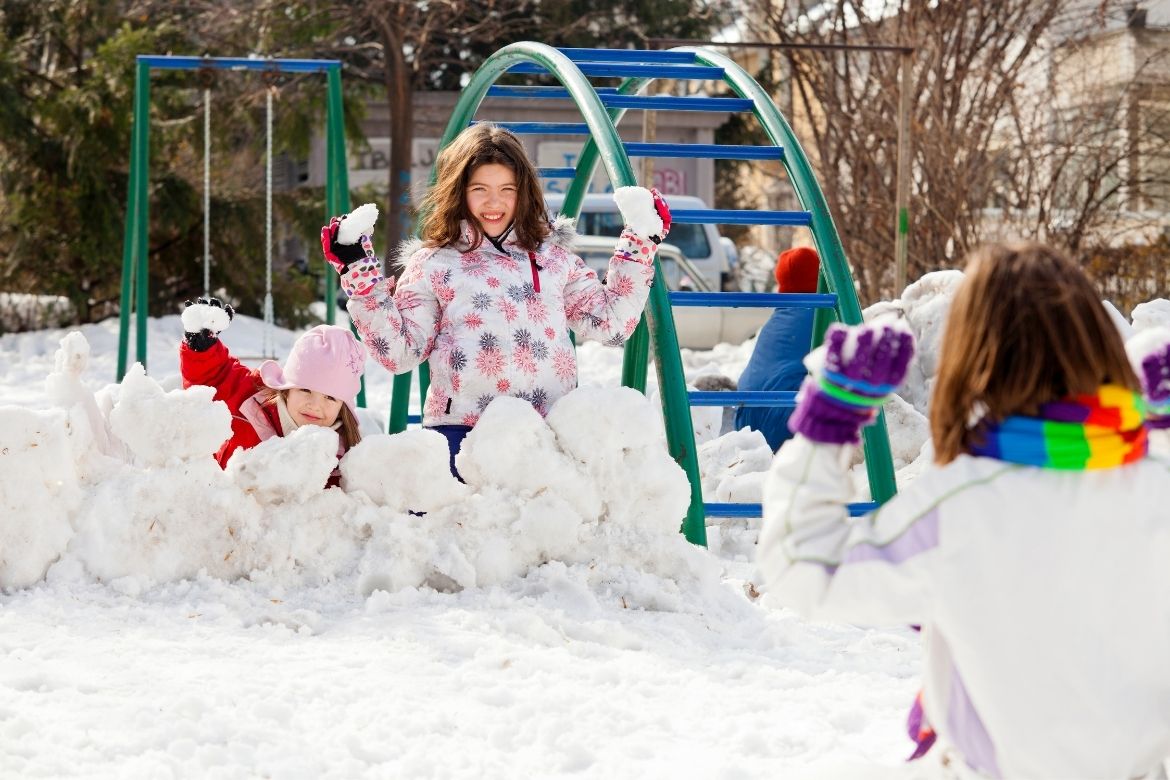When most people celebrate the holidays, they are surrounded by loved ones telling stories and laughing over mugs of hot cocoa as they exchange gifts. During this time of holiday cheer, many children who were adopted are faced with the realization that they will not see any of their biological family during the holidays. It is a stark reminder of the grief and loss they have experienced up to and including being removed from their biological family’s home. It is important for adoptive parents to prepare for and remain aware of what they can do to help their newly adopted children during the holidays. Here are some therapist recommendations to follow:
- Talk about the holiday. Help your child understand what holiday traditions and festivities your family participates in and allow them to ask questions. Do you celebrate over many days or just one day? Are there religious customs? Who will they meet and will there be gift exchanges? Avoiding surprises will help decrease anxiety.
- Incorporate traditions that the child celebrates into your holiday. Whether it is an annual watching of Frosty the Snowman or a snowball fight on Christmas Eve, bringing a cheerful memory to life may make a child feel more comfortable. You may even get a smile. Through conversation, you may discover that your child doesn’t celebrate the same holiday you do. Make it a point to learn about their customs and show interest in celebrating them.

- Allow them to grieve. Despite your best efforts, your child may still pull away. This is not intended to be a reflection of their feelings toward you or their new family, but instead a way of coping through this difficult time. Make one-on-one time with your child to talk through what they may be feeling. Be prepared if they shut down the conversation or not know exactly what they need. Give enough space for “downtime” and do not force them to participate in any activities.
- Don’t chase the “perfect” holiday. This not only creates unnecessary stress for you, but also for your child. Be flexible, be realistic, and have a sense of humor when things don’t go as planned! This can also include unexpected responses from extended family who do not understand the child’s behavior.
- Stay Trauma-Informed. Educate yourself on trauma and the impact it has on the dynamics of a family. Trauma can often look like anger, hyperactivity, and defiance. Without an understanding of the effects of trauma, it is likely you will misinterpret your child’s behavior resulting in feelings of anger and resentment. There are many resources online to assist in Trauma-Informed Care such as attachmenttraumanetwork.org or childwelfare.gov.





